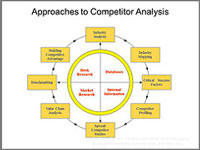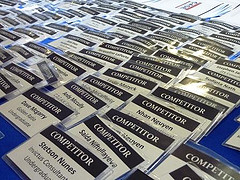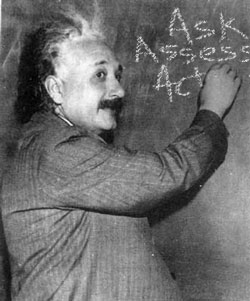 Earlier I pointed out the differences between competitor and competitive intelligence and information and other combinations of those terms. At the risk of being repetitive, I’ll remind you about some distinctions.
Earlier I pointed out the differences between competitor and competitive intelligence and information and other combinations of those terms. At the risk of being repetitive, I’ll remind you about some distinctions.
Competitive information is the information that is published or in the public domain that focuses on a specific market or product, whereas competitive intelligence is what you know but others don’t. Similarly competitor information is published or in the public domain and competitor intelligence is unpublished but both deal with the actual competitor.
With those terms in mind, let apply them more closely to thought leadership; but to simplify, I’ll use the word “competitive” to include “competitor,” too.
Competitive information is being aware of what has already happened; and in today’s age of instant communication, what “just happened” could have occurred only seconds earlier.
Competitive intelligence is what’s happening now – the analysis you’re making of what only you know. It’s how you’re putting together those unique puzzle pieces about your competitor.
Thought leadership means that you’re not only thinking about what your competitors are doing now, but also what they’re doing next.
Do you know with any level of certainty what your competitors are doing now? What they’re doing next? Ask, assess, then act. We’re here to help.











